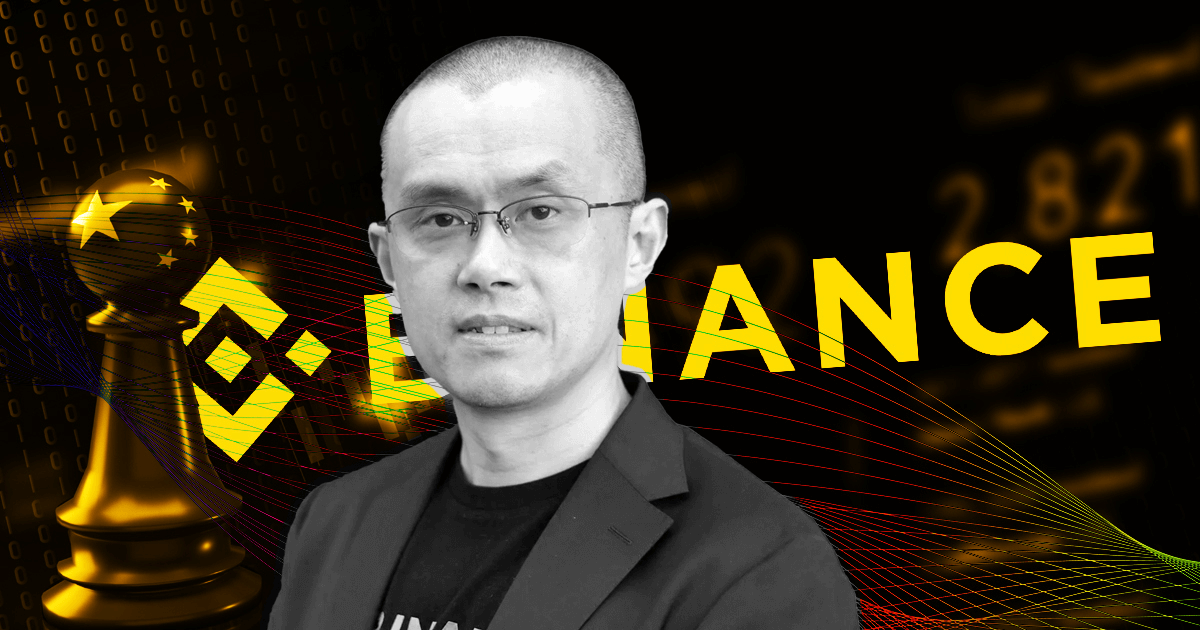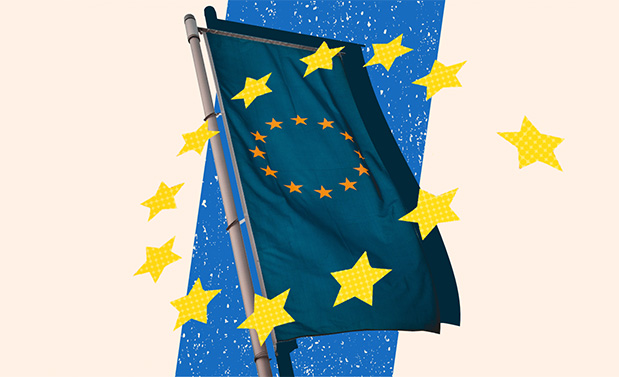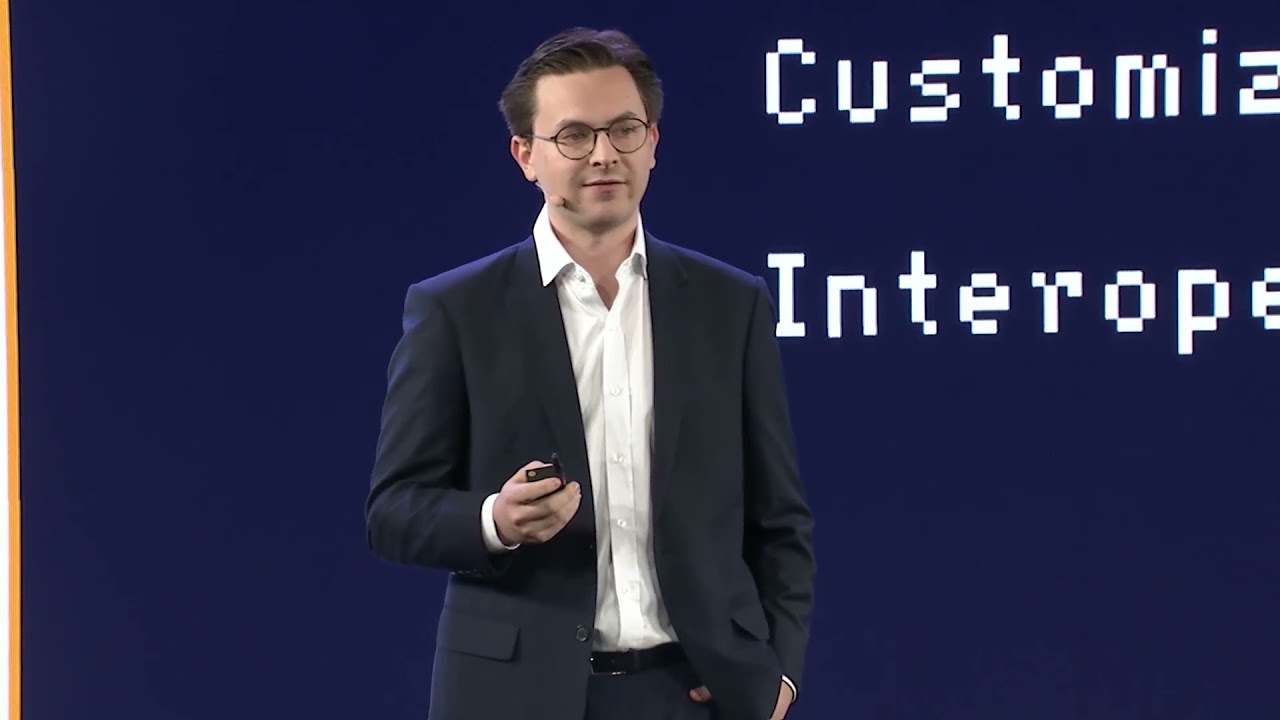Correspondent banks act as middlemen between issuing and receiving banks globally. In the past decade or so, the number of correspondent banks has been declining steadily, primarily due to costs associated with compliance requirements.
In April, the Bank for International Settlements (BIS) announced Project Agorá, a project in which seven central banks aim to transform cross-border payments via tokenization.
Using a unified ledger with wholesale central bank digital currencies (CBDCs) and tokenized deposits, Agorá aims to retain the correspondent banking system infrastructure while changing the messaging system with tokenization. Doing so would merge communications and payments, currently two separate functions, and create atomic settlement so payments would immediately be reflected in balances at each bank.
The BIS outlined further details about its vision for Agorá in a paper titled “Next generation correspondent banking,” released on May 30.
Opinion: private ledgers to keep the middlemen in business
It’s always encouraging to see global institutions adopt technology like distributed ledger technologies (DLTs) and tokenization. Doing so can streamline processes and create efficiencies that improve every industry.
However, based on what I’ve seen so far with CBDCs and projects similar to Agorá, the established players always opt for private ledgers rather than the open, scalable BSV Blockchain.
On BSV, which stayed true to Satoshi Nakamoto’s original design, banks worldwide could make direct, peer-to-peer payments that settle roughly every 10 minutes. Fees would be under 1/1,000th of a cent no matter the amount, and all types of complex payments are possible, thanks to the powerful Bitcoin script.
With tokenized CBDCs running on an open protocol, fast, fee-free payments would be possible on a global scale between cryptographically secured wallets. Best of all, because of the nature of the public blockchain, an immutable audit trail would be part of the package, making it much easier to comply with know your customer/anti-money laundering (KYC/AML) rules and spot suspicious payments.
So, why not build on BSV?
Of course, peer-to-peer payments would eliminate the middlemen and their huge revenues. This is not to say correspondent banks don’t deliver value; they often have established rules to manage transactions across multiple jurisdictions and play a role in ensuring compliance, but all this can be done with blockchain technology, smart contracts and artificial intelligence (AI).
Banks and financial institutions will continue to do whatever they can to protect their turf; that’s only natural. Perhaps someday, they’ll realize that building inside walled gardens is futile, and the sooner they move onto the blockchain equivalent of the open internet, the better.
Until then, let the tests, trials, sandboxes, and innovative solutions continue. They’re all necessary in the leadup to the final act: everything running on the unboundedly scalable BSV Blockchain.
Watch BSV blockchain: Ignite the power of data for finance and banking

New to blockchain? Check out CoinGeek’s Blockchain for Beginners section, the ultimate resource guide to learn more about blockchain technology.
Note: This article have been indexed to our site. We do not claim legitimacy, ownership or copyright of any of the content above. To see the article at original source Click Here













